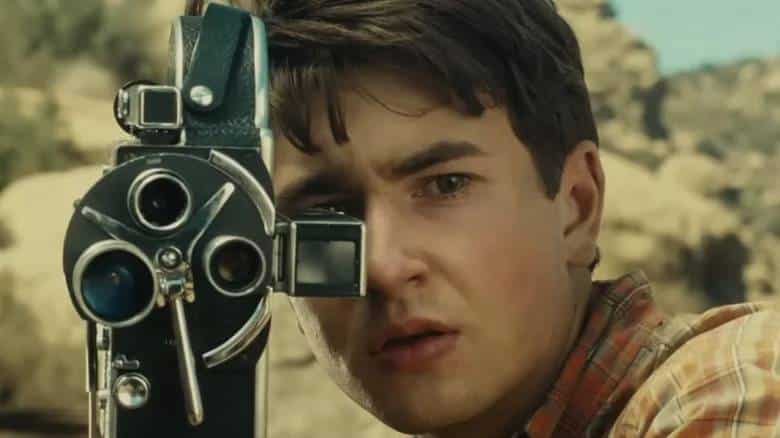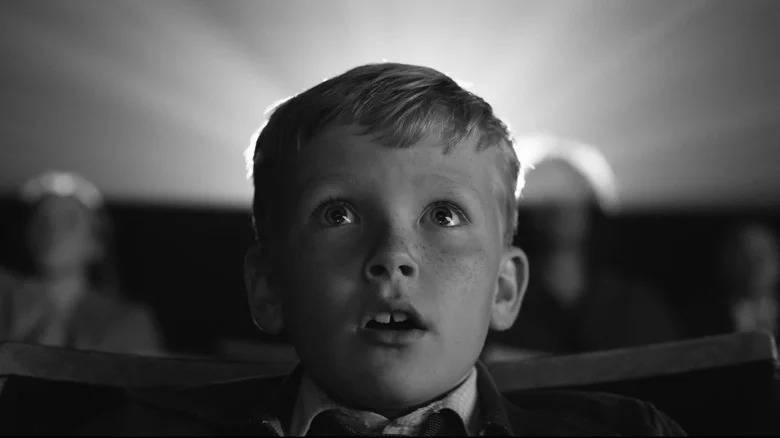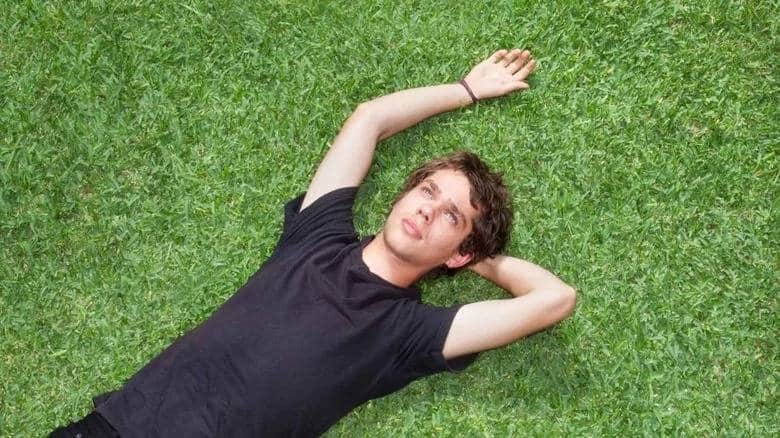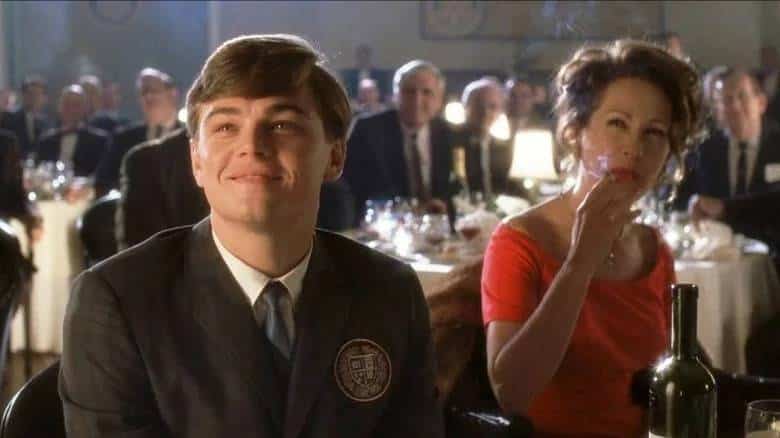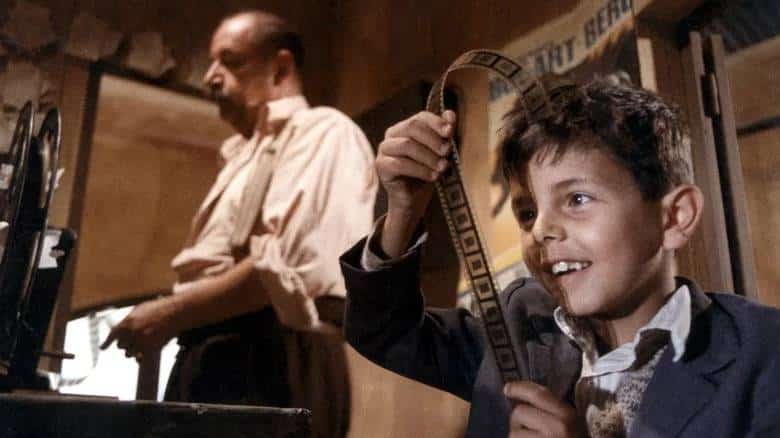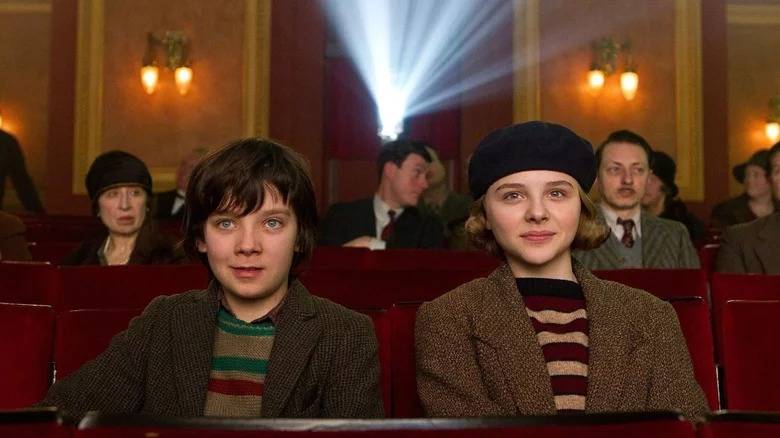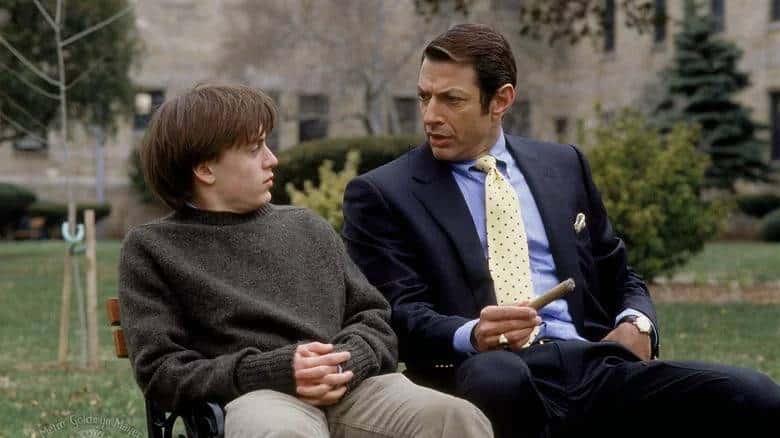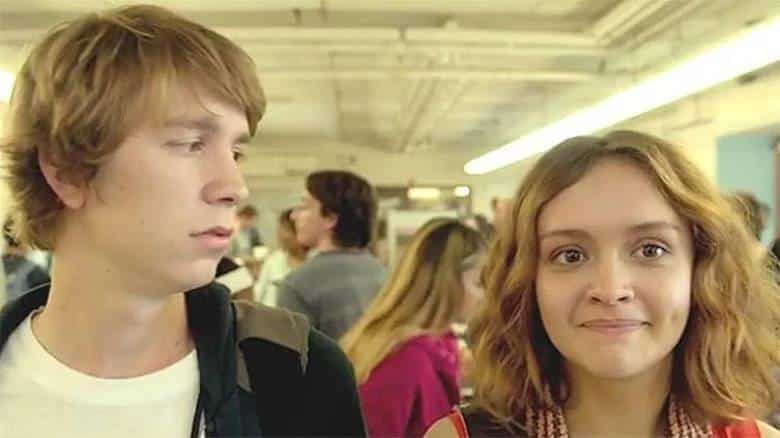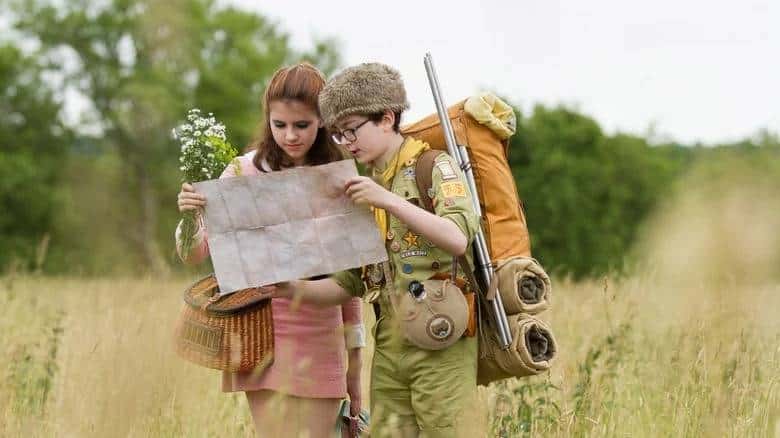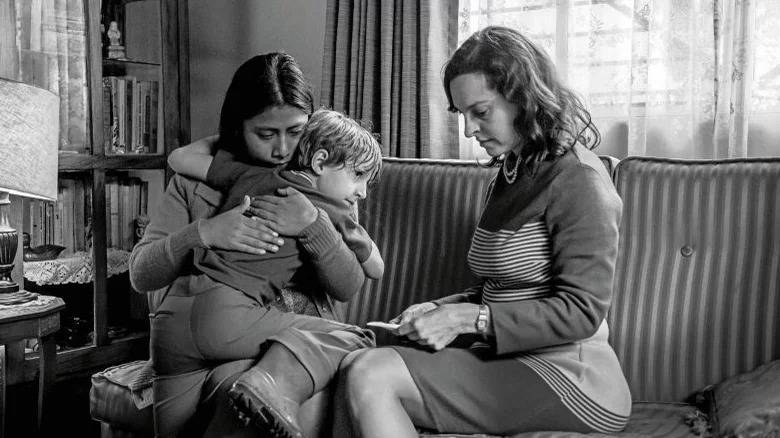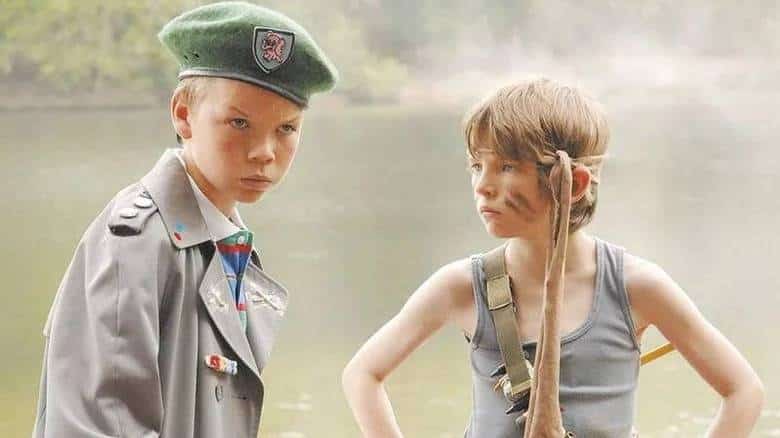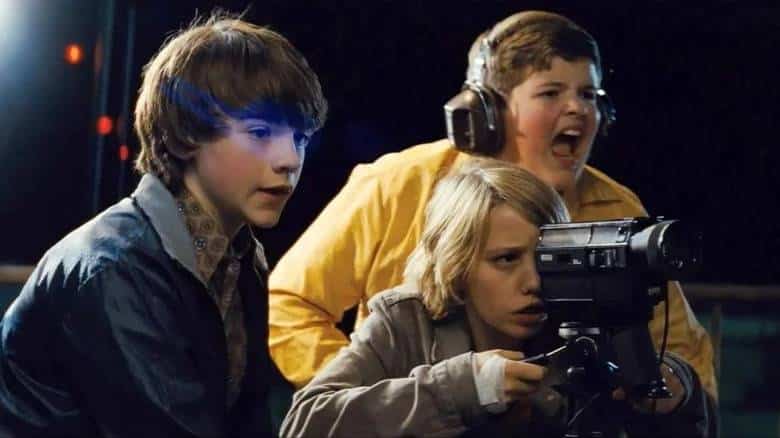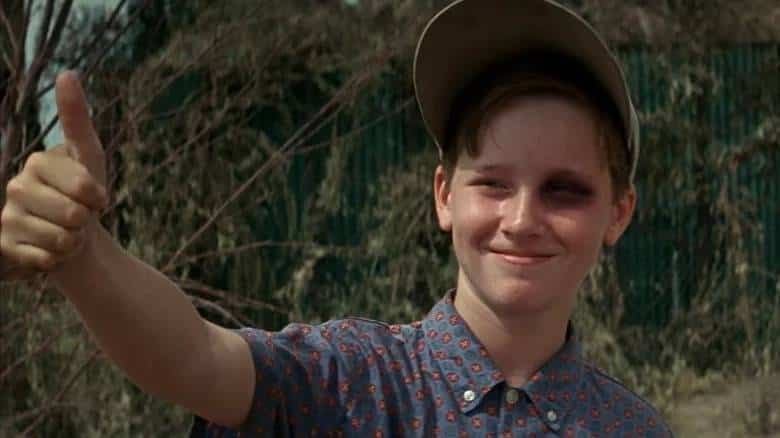It may feel like Hollywood doesn’t make movies like “The Fabelmans” by Steven Spielberg anymore. It is a mainly upbeat coming-of-age story that tugs at the emotions and makes adults and children alike laugh out loud. It is unabashedly sincere and nostalgic. It exhibits the characteristics of an Oscar contender: Strong performances, a witty storyline, deft camerawork and editing, and an exhilarating score are all beautifully combined under one director’s vision. It so happens to be about the creation of that one auteur’s vision.
Spielberg’s most personal picture to date, “Fabelmans,” is a dramatised account of events from his own youth and early adulthood. Despite its master level workmanship, “Fabelmans” also tells a remarkably simple and intimate tale. There is nothing gimmicky, edgy, or subversive about it. There aren’t any very significant global events involved, and there aren’t any monsters, killer sharks, or aliens either.
But despite not being as common as, say, horror or comic book movies, “The Fabelmans” does continue a recent trend of directors using their preferred medium to reflect on their lives and careers. Even while several of these endeavours have been a commercial success, Spielberg’s contribution to this new subgenre is undoubtedly the best. At the Toronto International Film Festival, it took home the audience award, and many consider it to be the front-runner heading into this year’s awards season. Here are 12 suggestions to keep the movie magic going if “The Fabelmans” moved you as much as it did TIFF voters and critics.
Belfast (2021)
While movies aren’t as crucial to Kenneth Branagh’s Oscar-nominated 2021 film as they are to “The Fabelmans,” “Hugo,” or “Cinema Paradiso,” “Belfast” does feature a moment in which an amazed child is backlit by a projector.
Aside from that, the plot of “Belfast” and “The Fabelmans” perhaps share the greatest similarities. The well-known writer, director, and actor dramatised his own youth in Northern Ireland for this black-and-white coming-of-age tale. Both occur at roughly the same time. However, “Belfast” is set in 1969, whilst “The Fabelmans” takes place in the 1950s and 1960s. A lovely oddball of a youngster, Buddy (Jude Hill) is split between wonderful but imperfect parents (Jamie Dornan and Caitriona Balfe) who aren’t getting along during a period of political turmoil, similar to Spielberg’s stand-in Sammy. In spite of all the turmoil and conflict, he falls in love with a girl from a different religious group, considers moving when he doesn’t want to, and still has a string of pleasant memories.
Both boys have eccentric grandparents (Ciarán Hinds and Judi Dench), a charismatic, free-spirited mother, a depressed father, and a cast of colourful relatives. Both have to watch out for their siblings, deal with bullies, and battle discrimination in their own communities. The Troubles and a certain period of Branagh’s life are the main subjects of “Belfast,” but “The Fabelmans” seeks to cover greater ground. But each filmmaker is able to use their memories to create a story that is equally warm, hilarious, and tragic. “Belfast” closes on a very different tone than “The Fabelmans,” but it’s still a significant and gratifying one. It’s one of Kenneth Branagh’s best efforts in ages.
Boyhood (2014)
Although “Boyhood” by Richard Linklater doesn’t have the same degree of autobiography as “The Fabelmans,” it still depicts a comparable coming-of-age process. But what sets it apart is that it actually follows a guy for more than a decade as he matures, capturing every zit, growth spurt, and poor haircut in a way that no hair and makeup crew could.
Mason Evans Jr., the story’s protagonist, is lost after his parents’ divorce. He wonders which of his flawed parents he most closely resembles. He must relocate with his sister. While attempting to define his identity, he meets and dumps ladies, struggles with bullies, and discovers a passion for photography. Sammy Fabelman and Mason Evans Jr. would surely be friends if they were their age (the events of “Boyhood” take place in the 2000s).
The primary distinction is that Ellar Coltrane, who plays Mason from the age of six to eighteen, truly grows up in this drama. The cast of “Boyhood” was given 12 years to age naturally with the characters they played, which produced breathtaking results. His mother and father are portrayed by Patricia Arquette and Ethan Hawke.
Despite being nearly three hours lengthy and lacking a strong plot, the movie received excellent reviews, huge box office earnings, and a slew of accolades thanks to its innovative verisimilitude (something else it has in common with “The Fabelmans”). The R-rated film “Boyhood” also discusses financial hardship, the Iraq and Afghanistan Wars, abuse, sex and contraception, alcoholism, and drug usage. It is written for a more narrow audience and draws some touching conclusions about Mason’s early life and developing photographic career.
Catch Me If You Can (2002)
The Dreamworks film “The Fabelmans,” which deals with Spielberg’s parents’ divorce, is by no means the first to do so. Throughout the director’s filmography, fractured and blended families can be seen in everything from “E.T.” to the “Jurassic Park” series. The Fabelmans may be his most intimate picture to date, but “Catch Me If You Can,” his well-received true crime dramedy from 2002, might have been.
“Catch Me,” which is set in the 1960s, starts off with the Abagnale family in a good place. Leonardo DiCaprio’s Frank Jr. looks up to his accomplished father Frank Sr. (Oscar nominee Christopher Walken) and his refined French mother Paula (Nathalie Baye). But before he graduates from high school, his perception of his parents is damaged. His mother has been having an affair with his father’s acquaintance, and his father is a con artist. Frank flees and begins running his own scams to pay his debts since he is unable to face the numerous life upheavals that he is about to experience (divorce, having to move, etc.).
He begins modestly by pretending to be a substitute teacher out of the blue, but soon he is posing as Secret Service agents, lawyers, and airline pilots (not to mentioning wooing flight attendants and nurses). Detective Hanratty (Tom Hanks) is pursuing the suspect the entire time. He is Frank Jr.’s opponent and his lone confidant as he desperately wanders the world for legitimacy, happiness, and security—all things that his nuclear family’s death has robbed him of.
Cinema Paradiso (1988)
“Cinema Paradiso” may be the movie that loves movies the most, and it’s also conceivable that most movies in this genre wouldn’t exist without its model.
This Giuseppe Tornatore picture received so many accolades from foreign award organisations that it is frequently credited with reviving the Italian cinema industry. Beginning in 1980s Rome, Salvatore Di Vita, a well-known director, learns from his fiancée that Alfredo (Philippe Noiret), a character, has passed away. The rest of “Cinema Paradiso” is narrated in flashback as the audience learns why this enigmatic Alfredo was so significant to Salvatore. This terrible news disturbs Salvatore. The same filmmaker is then introduced to viewers as an eight-year-old boy in post-war Sicily (played by Salvatore Cascio). He goes by the moniker “Toto,” and he is going to start learning the skills that will help him in his career.
The child, who is boisterous but lazy, wanders into the neighbourhood movie theatre, Cinema Paradiso, where he meets the grumpy projectionist, Alfredo. The man ends up being Toto’s best friend, mentor, and father figure (at first with some reluctance). The child’s father perished in World War II. Toto learns how to edit film during their time together after starting out watching movies for free from the projection booth (the prudish owner of the theatre makes Alfredo cut out the kissing scenes). But the comfortable routine of the projectionist and his tiny aide is disturbed by an unexpected catastrophe. Both of their relationships—as well as Toto’s perception of movies—are irrevocably altered. Similar to “The Fabelmans,” it has a memorable, all-time great climax and a romantic subplot about an odd couple.
Hugo (2011)
Once they enter their prime years of their careers, it seems like every renowned director must create a film about creating movies. Why not, then? The likes of Steven Spielberg and Martin Scorsese are the best people to instruct us on movies.
The director of “Taxi Driver” and “The Departed,” who generally prefers darker, more mature material than Spielberg, transported audiences to the Parisian movie theatres of the 1930s instead of the seedy streets and gangsters of New York City and Boston. The end product was a film that, in line with Scorsese’s reputation, received 11 Academy Award nominations.
Based on the book “The Invention of Hugo Cabret,” the movie “Hugo” centres on an orphaned youngster (Asa Butterfield) who hides out in a train station while attempting to avoid a security guard (Sacha Baron Cohen). In a quest to fix his deceased clockmaker father’s automaton, he steals replacement parts. In the process, he meets Georges (Ben Kingsley), the proprietor of a toy store, and Isabelle, his goddaughter (Chloe Grace Moretz).
The first half of “Hugo” is endearingly naïve and steampunk-like, and the second half is brimming with wonder and longing. Some instantly familiar movie moments are entwined with the youngsters’ desire to reactivate the wind-up robot. Hugo the persona and “Hugo” the movie share Sammy Fabelman’s romantic outlook on the movie business. Hugo and Sammy end up in comparable situations, despite the fact that Hugo is less of a Scorsese avatar than Sammy is for Spielberg. Scorsese is confronting boyhood, grief, young love, obsession, and artistic vision, just like Spielberg has.
Igby Goes Down (2002)
This Burr Steers dramedy has an outstanding ensemble cast and is narrated from the viewpoint of a disgruntled adolescent.
Jason Slocumb Jr. (Kieran Culkin), who has gone by the moniker Igby since he was a young child, comes from a wealthy family that is full of disgruntled individuals that he secretly despises. There is also his father (Bill Pullman), who is presently institutionalised due to his mental disorder. His mother (Susan Sarandon) has a flamboyant, conceited demeanour that irritates Igby. He views his conservative brother, a degree in economics (Ryan Phillippe), as a fascist. In addition, Igby is transferred to his godfather, a real estate magnate (Jeff Goldbum), after failing to graduate from nearly every prep school and military institution in the Northeast.
Igby is attempting to identify who he is and who he might be based on the facts provided by his parents, much like Sammy Fabelman. He has always been a troubled child, so he fears that his early years were a sign of something worse to come, specifically that he will get his father’s schizophrenia. He worries, however, that he’ll end up becoming like his mother—an unstable, nasty drunk—or entitled and heartless like his older brother and the typical members of his socioeconomic class. Igby, like Sammy, must deal with bullies, females, and ambition, but unlike Sammy, he sees no purpose in any of it, to the point of nihilism, until a double twist in the last act shakes him out of his gloom. Although “Igby Goes Down” is darker and sourer than “The Fabelmans,” critics and viewers praised it for its enlivening emotional candour.
Me and Earl and the Dying Girl (2015)
The majority of the plot of this 2015 film about friendship is covered in the title. The bonds formed between three troubled teenagers, one of whom is fighting cancer, are the subject of the book “Me and Earl and the Dying Girl.” But like “The Fabelmans,” it also discusses the nature of the film medium, how it shapes how we see the world, and what could inspire someone to pursue a career in it.
The amateur filmmaker Greg (Thomas Mann) is pleased to be a loner at his Pittsburgh high school.
Earl (RJ Cyler), another misfit with whom he collaborates on short parodies like “Senior Citizen Kane” and “The Janitor of Oz,” is his sole sort-of friend. Greg’s parents force him to reestablish his connection with Rachel (Olivia Cooke) out of sympathy when Greg hears that she has been diagnosed with leukaemia. This initially seems odd, but it soon loses its awkwardness. Greg, Earl, and Rachel spend time together viewing and producing movies, like if Sammy and Monica had a third wheel. Greg becomes increasingly preoccupied with creating a movie he wants to dedicate to Rachel as she grows worse, to the cost of his real relationships and college aspirations. He ultimately has to make challenging decisions and face harsh truths about his personal and professional lives.
Me and Earl and the Dying Girl breaks the fourth wall and plays with the reliability of its narrative to spectacular but devastating effect, much like “The Fabelmans” does with its use of sly camera trickery and inside jokes to create meta criticism.
Moonrise Kingdom (2012)
While not entirely autobiographical, Wes Anderson’s 2012 melancholy, teen romantic comedy is influenced by his early memories and ambitions. Anderson’s parents were divorcing while he was a teenager and a boy scout, and like Sammy Fabelman, he used his imagination to emotionally escape. The resulting movie isn’t actually about Anderson in particular; rather, it’s about adolescent love and longing. It also happens to be the story of Sam, a 1960s youngster who has exceptional insight.
This Foster child Sam (Jared Gilman) is enrolled at a scout camp on a New England island. Suzy (Kara Hayward), his pen pal and true love, whom he met the year before, resides on that island with her brothers and prosperous lawyer parents. Sam sneaks out on camp as the two decide to flee together, and Suzy leaves her ideal home, which they unwittingly refer to as Summer’s End. Their initial strategy entails disguising oneself, living off the grid in a tent, learning how to hunt, fish, and gather supplies, as well as how to amuse themselves. Of course, it doesn’t take long for the parents of Suzy (Bill Murray and Frances McDormand), the scoutmaster (Edward Norton), and a social worker (Tilda Swinton) to notice the kids are missing. The local police captain (Bruce Willis) feels sympathetic toward the young couple though, especially as he learns more about Sam’s past and a hurricane appears to be brewing.
Roma (2018)
Spielberg is at least the fifth director to publish a fictitious autobiography of his early years in recent years. In addition to “Belfast,” there is also James Gray’s “Armageddon Time” and Terrence Malik’s “Tree of Life” from 2011. Alfonso Cuarón’s 2018 film “Roma,” another black and white cinematic biography that received ten Academy Award nominations, was funded by Netflix.
Many of the same ideas are discussed in “Roma,” which also has a cinema appreciation moment, albeit a more melancholy one. Although there is class tension, marriage strain, and political tension, the latter is noticeably more serious and self-centered. Instead of just recounting the events of his childhood, the Mexican writer-director chose to focus on a character named Cleo, who was modelled after his actual housekeeper and caregiver.
While the family that hires Cleo (Yalitza Aparicio) is upper middle class and of Spanish origin, she is an indigenous worker. Pepe, Paco, Too, and Sofi start to understand that Sofa (Marina de Tavira) and Antonio (Fernando Grediaga), their parents, aren’t the enviably ideal pair they portray themselves to be.
Their emotionally distant doctor father is never home, and their unpredictable, resentful mother is furious and frustrated. She feels constrained by her role as a mother and housewife, especially considering that they hire someone else to take care of the kids and clean, and Paco accidently finds what he believes to be evidence of infidelity. The story takes place in 1970, one year after “Belfast” and close to the end of “The Fabelmans.” While “Roma” deserves particular praise for setting Cleo’s much more urgent, heartbreaking circumstances against an opulent backdrop, both of those movies are certainly insightful and incredibly sympathetic.
Son of Rambow (2007)
Sammy Fabelman might have become “Son of Rambow” if he had grown up in 1980s England among religious fanatics and made friends with a young person who was both the best and worst of influences. Young Will Poulter portrays Lee, the influence, a troubled youth with dreams of becoming a movie director. When a teacher plays one at school, Will (Bill Milner), a student whose devout Christian parents won’t allow him watch movies or TV, had to leave the room. Will receives education from Lee, starting with the movie “First Blood,” starring Sylvester Stallone as Rambo.
Will, ecstatic at the chance to use his imagination, contributes more of his own ideas while the aspiring directors and action stars set to work acting in some perilous ways to get the shot. He must, however, keep his new relationship and interest a secret because his family and church would not be supportive. Interest in Lee’s amateur film soars after a wave of French exchange students, which ultimately leads to a schism between the creators.
“Son of Rambow” explores many of the same themes as “The Fabelmans,” even though it is appropriately scrappier. These themes include Will’s frustration with his parents and his attempts to convince them to support his individuality, as well as the complex social dynamics of who is popular and why in school. It is equally fascinated by and fascinated by the act of making movies.
Super 8 (2011)
“Super 8” isn’t strictly realistic; it’s more fantastical than most. But behind all its genre trappings, this 2011 sci-fi thriller from writer/director J.J. Abrams—which just so happens to have been produced by one Mr. Steven Spielberg—is a charming, sentimental tale about young people with cameras.
“Super 8,” which takes place in 1979, is the story of six young pals who decide to create a zombie film in order to enter it in a competition. While the father of the lone girl in the group, Alice (Elle Fanning), is indirectly blamed for her death, one of the children, Joe (Joel Courtney), recently lost his mother in an accident. It is Charles (Riley Griffiths) who has the tools. The young actors choose to film their Super 8 movie near a train station, maybe drawing their inspiration from films like “The Greatest Show on Earth.” Joe and his companions see a very real train disaster, although Sammy only saw a staged one before simulating his own with a toy engine. Even worse, things just become stranger and worse from there. It’s bad enough that their teacher is harmed amid the debris. The pals must stick together not only to complete their zombie film, but also to survive a military plot and potential extraterrestrial attack.
To say more would be to ruin the movie. “Super 8” is evocative of Spielberg’s early work due to its sentimentality, young and intrepid protagonists, and passion for blockbuster-style movies. But Sammy Fabelman and figures like Joe and Charles also pay homage to the kind of young directors Spielberg and Abrams were.
The Sandlot (1993)
When it first aired in 1993, “The Sandlot” was a moderate hit, but it has since gained cult status. Of course, the baseball is what everyone associates with “The Sandlot,” but everyone also adores the way the film addresses concepts of friendship and tenacity.
Although it may be about backyard ball rather than backyard filmmaking, this game plan has many of the same strategies. Sammy Fabelman would be familiar with the styles and buildings of the era because “The Sandlot” is set in a California suburb in 1962. Scott Smalls (Tom Guiry), who had to relocate to the Golden State as a result of his parents’ failing marriage, experienced comparable circumstances to Sammy.
He must meet new acquaintances there and figure out how to get along with his new stepfather (Denis Leary). His shy nature and lack of physical ability make it difficult for him to blend in with the established in-crowds, which presents a challenge and a test to his self-esteem. Smalls shares Sammy’s fascination with but phobia of girls. Although he has goals that go beyond this stage of his life and his new community, he is happy to have found friends and contentment in the interim.
Benny (Mike Vitar) and the rest of the crew help Smalls find his purpose even though he doesn’t end up becoming a filmmaker. In much the same way as “The Fabelmans,” “The Sandlot” is a story about achieving greatness someday because of the people — for better or worse — who helped get you there. Its tone is a little more irreverent (though one has a badly behaved pet monkey while the other has a big bad of a mastiff), but it still has that same theme.

